Feeding the babies is never a major task until six months! For the first six months, breastfeeding is alone sufficient. Breast milk supplies all essential nutrients to the baby since birth to six months.
Mommies can breastfeed the babies even for more than a year. Even in case of insufficient breast milk supply, formula feeding comes as savior! When you travel back in time, we can easily hear the stories of our grannies and even the uncles saying they were breastfed for three to five years! Yes, breastfeeding is the gift, a wonder for both the mother and the baby.
Yet, it won’t be sufficient, isn’t it? Babies grow at a rapid pace in the first five years. The growth and development of babies dramatically changes after 6 months.
Mere feeding breast milk is insufficient to meet the nutritional requirements of the growing baby! What else do we need? What you should feed the babies till one year? Is there anything that we should avoid feeding to the tiny tots? Here we go, let’s take a look at the nutritional requirements of the baby.
Nutrients required up to 1 year
Starting solid foods is called weaning foods. Introduce solid foods in addition to the breastfeeding, not replacement of breast milk. Reduce the number of breastfeeds.
When it comes to nutritional requirements, babies are likely to gain half of the required nutrients from breast milk.
- Vitamin D – Breast milk/formula feed + sun exposure of 15 minutes daily
- Vitamin C – Diluted juice of citrus fruits (vitamin C is essential for the absorption of iron)
- Vitamin B – Vegetables and fruits
- Minerals – Breast milk, dry fruits (raisins and dates), fruits
- Carbohydrates – Grains, vegetables, and pulses
- Proteins – Pulses, grains, cereals, and eggs
- Fats – Cheese, full-fat yogurt/curd, ghee
- Calcium – breast milk/formula feed
Foods to consume more
Reduce breastfeeding to three or four times and gradually increase the solid / semi-solid foods.
Rice
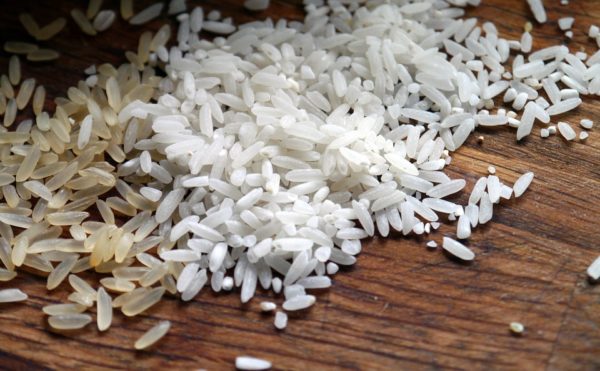
Rice is the staple. It is full of carbohydrates, the energy-giving food. Rice cereal with breast milk or water in the form of porridge is the first solid food of the baby.
It is easily tolerated by the babies and doesn’t cause any adverse reaction. It is linked with tradition and culture as well as backed by science. Single grain cereal is an ideal option for introducing weaning foods.
Cereals, Grains, and Pulses
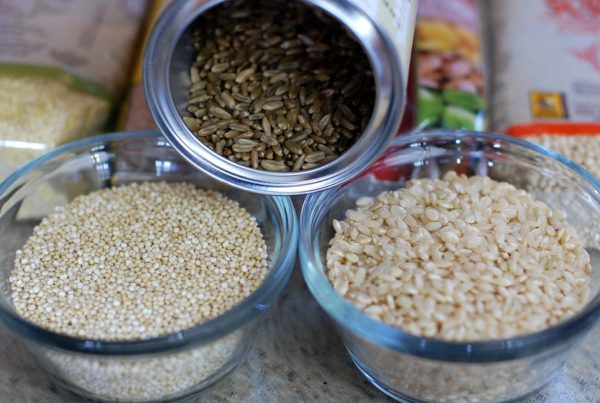
Grain and pulses are a good source of protein, which helps in building muscles. Green peas, lentils, beans, and pulses can be added to rice cereals.
- Green gram, masoor dal, moong dal and urad dal
- Poha, soji, semolina, and ragi also make good choices for babies.
Vegetables
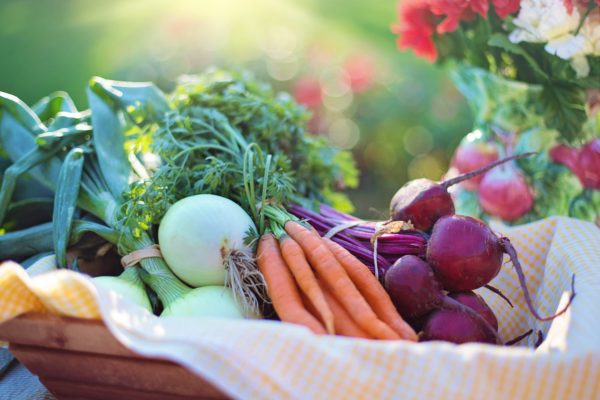
Root vegetables and starch foods For growth, development, energy, and strength. Carrots, beets, potatoes, sweet potatoes, and squashes. Simply, include any vegetable that is easy to cook and mash, which can be fed easily.
Fruits
Start fruits after you feed vegetables. Apple, pears, papaya, chickoo, banana, melons, sweet lime, orange, grapes, etc.
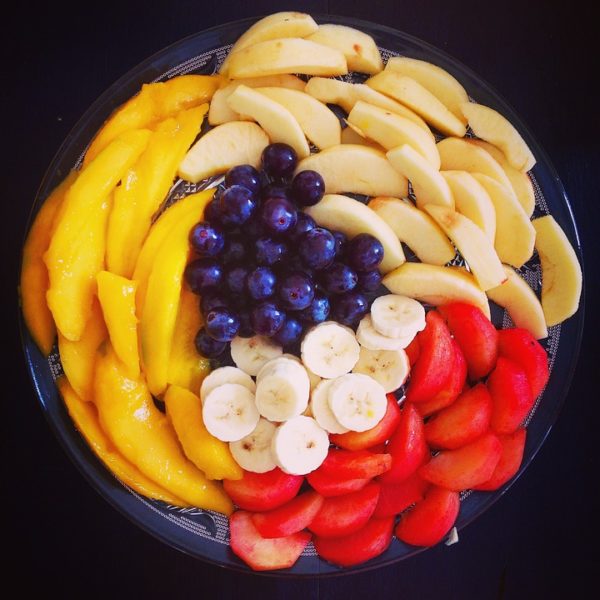
- Steam and puree the fruits (apple, pears, papaya, etc) and feed the babies.
- You can feed sweet lime and citrus fruits (except lemon) in the form of diluted juice.
- Mash bananas and melons and feed raw
When it comes to dry fruits, feed dry grapes (raisins) and dates. Soak the dry fruits in warm water and puree it or steam it.
Don’t give sugar and salt. Add a pinch of salt to the soups and porridge. To get the sweet flavor, you can add jaggery.
Introducing veggies and fruits before the child reaches the first year is very important.
Foods to Avoid
There are certain foods we should avoid feeding the baby. The reason is simple. The little ones cannot digest the hard foods and the internal organs are still growing.
- Nuts and seeds – This food group should be completely avoided until 1 year
- Honey – It is natural food and an elixir of health, but definitely not for the babies till one year.
- Raw foods (Especially vegetables)
- No processed, high sugar and high salt foods
- Soft drinks and beverages
- Meat and seafood
- Wheat – Lead to acidity and affect the soft linings of the stomach
- Leafy greens – may cause an allergic reaction and the babies won’t be able to digest
- Chips and crackers – These aren’t nutrient-rich foods
- Sweets and candies – Too much sweet affect teething as well as cause acidity
Sample diet plan
- Early Morning/morning after the baby wakeup – Breast milk/formula milk
- Breakfast – Idly, poha / soji / semolina with one boiled vegetable or Fruit Puree
- Mid-morning – Diluted fruit juice (preferably sweet lime/orange) OR breast milk/formula feed
- Lunch – Rice cereal with one vegetable (broken rice cooked with masoor dal and carrot) Change the pulses and vegetables often.
- Evening – fruit puree, followed by one-time breastfeeding
- Dinner – Any cereal preferably rice at night with a fruit or vegetable
- Late-night – Breastmilk/formula feed
Combination of diet options
Breakfast (Opt for anyone mentioned below )
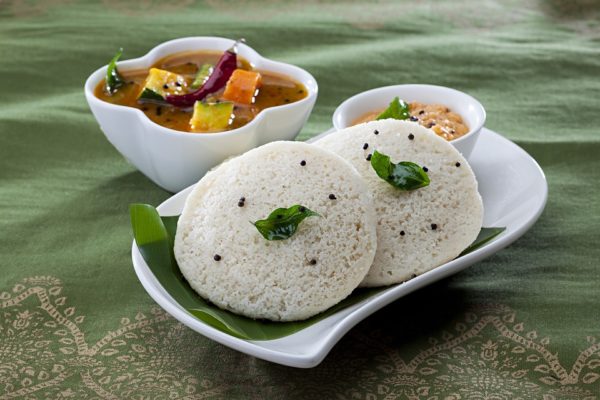
- Apple and rice cereal
- 1 idli / small dosa with rasam or dal
- 1 cup ragi / suji / semolina / poha
- Banana mash
- Suji porridge with carrots and peas
- Oats porridge with dates puree
- Suji porridge with carrot/potato/ sweet potato puree
- Barley vegetable soup (any two vegetables)
- Sago carrot kheer
- Pongal / Sweet Pongal
Mid Morning Snacks (Opt for anyone mentioned below)

- Fruits / vegetable puree
- Fresh fruit juice (preferably citrus fruits)
- Vegetable soup (mixed vegetable)
- Fresh or steamed banana
- Fruits with curd/yogurt
Lunch (Opt for anyone mentioned below)
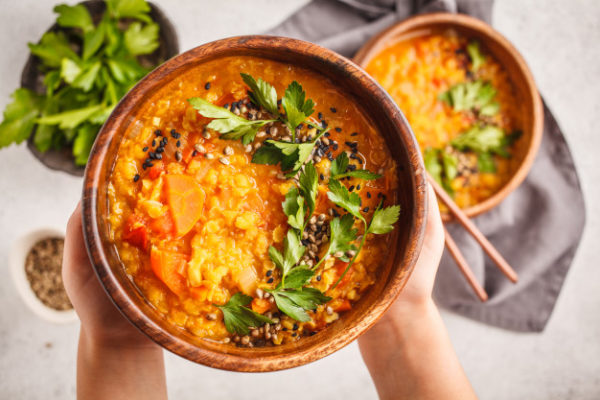
- Rice with dal and vegetable
- Rice porridge with mashed vegetable
- Vegetable Khichdi
- Sweet potato rice/potato rice
- Oats and vegetables
- Mashed rice with dal and rasam
- Mashed rice with curd and vegetables/carrots
- Sabudhana porridge
- Ghee rice
Evening snacks
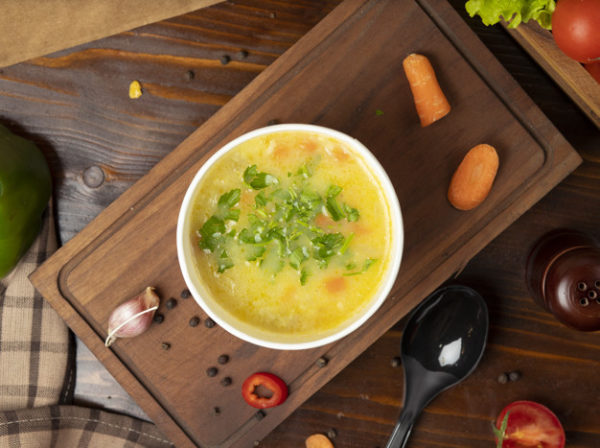
- Porridge of millet
- Carrot stew/smoothie
- Biscuit
- Vegetable soup
Dinner
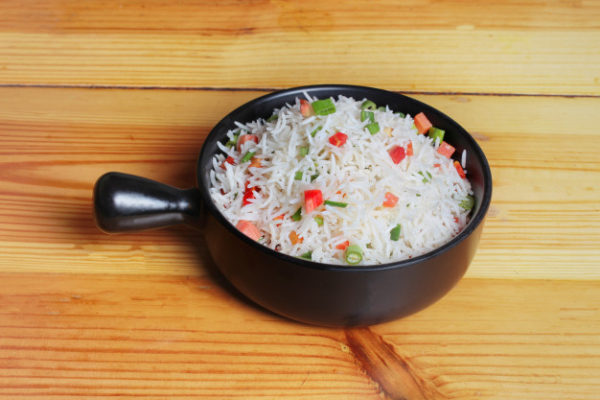
- Rice and dal
- Rice and veggies
- Idli / steamed dosa
- Vegetable khichdi
Introduce a variety of foods. Feed different varieties and in different flavors.
To make the foods healthy and easily digestible, add a pinch of ajwain, black pepper powder, and cumin seeds. In every type of porridge and stew, add cumin seeds.
You can feed the breastmilk or formula milk when the baby is hungry or doesn’t feed on any specific food.
Diet Tips for the babies
Pay attention to how the baby’s body reacts to the foods. Some foods like corn or millets may cause bloating in a few babies.
Some foods will be quickly digested. Some babies may develop an allergic reaction to certain foods. So, pay attention to the reaction.
When the infants are ready for solid foods? It could be anytime from 5 months to 7 months. 6 Months is not a staple.
When the infants gained double the birth weight, you can start feeding solid and semi-solid foods. Start with purees and porridge style foods, rather than starting with solid foods.
- Do not add too much salt to the foods you cook. They need too little salt.
- Introduce one food at a time. Give 2 or 3 days time to see how the baby reacts to the food.
- Feed-in small quantities. Just like babies can feed several times (From 5 times to 15 times) when you introduce new foods feed in small quantities and gradually increase it.
- Create a food diary and register what you feed, how the baby responded to the foods and the reaction.
- Always introduce new foods during breakfast or lunch, especially when the baby is hungry. Never feed any new food for dinner.
- Introducing some foods may cause constipation in babies. Feed warm water to get rid of the same. Besides, soak raisins in warm water and let it stay overnight. Feed the water to get rid of constipation.
- Some foods may cause bloating in babies. Boil half a teaspoon of carom seeds in a glass of water and feed the water to the baby.
- Babies who only fed on breast milk do not need water. When you start feeding other foods, the little one needs water.
- Don’t follow the typical rule, 3 meals a day!
- Don’t push the baby to finish everything you cooked for her.
Babies need some exercise to digest food. Let them crawl around, play around, reach for toys and keep them active.
When the Baby dislikes a new food, try giving it again later, when she is hungry, probably after a few days. Often it takes several tries for babies to take to new foods.
Serving bread and biscuits often may lead to bloating and colic and causes indigestion. Limit feeding biscuits and crackers to once a day or every alternative day.

